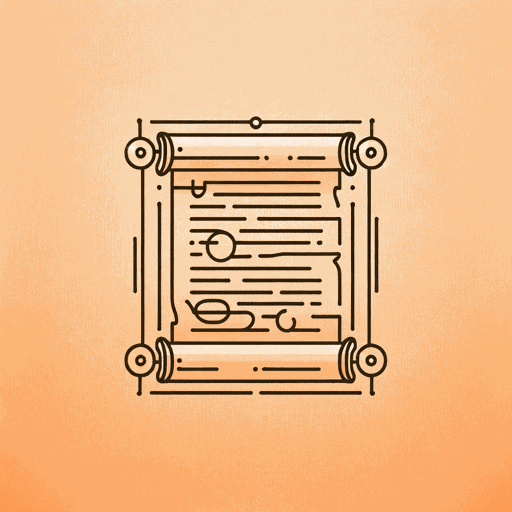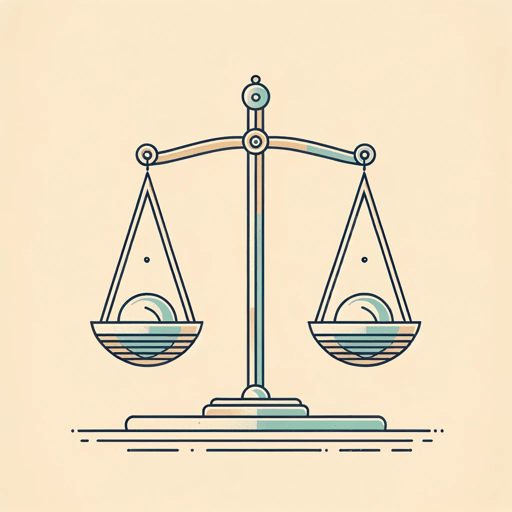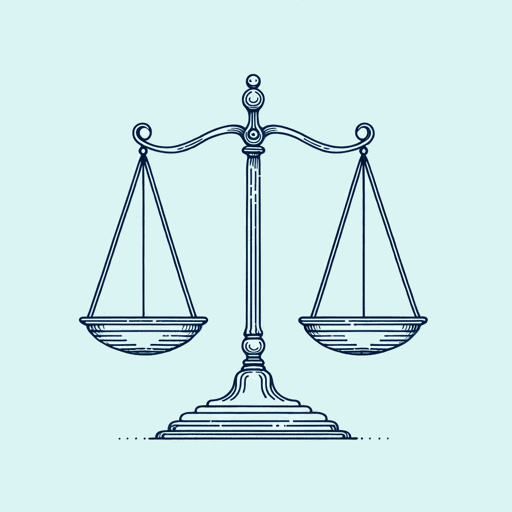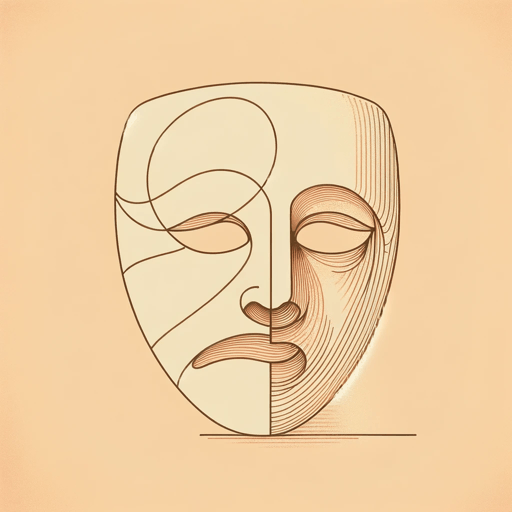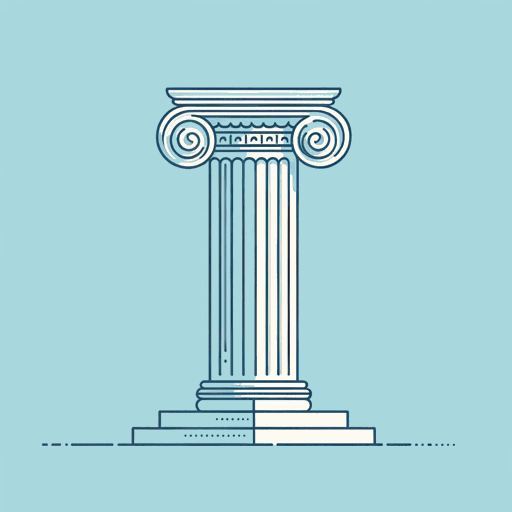40 pages • 1 hour read
AristotleRhetoric
Nonfiction | Essay Collection | Adult | BCEA modern alternative to SparkNotes and CliffsNotes, SuperSummary offers high-quality Study Guides with detailed chapter summaries and analysis of major themes, characters, and more.
Important Quotes
“Rhetoric is the counterpart of Dialectic [...] for both have to do with such things as fall, in a way, within the realm of common knowledge, things that do not belong to any one science. Accordingly, everybody to some extent makes use of both Dialectic and Rhetoric; for all make some attempt to sift or to support theses, and to defend or attack persons.”
(Book 1, Page 1)
These are the opening lines of the Rhetoric. Aristotle immediately sets down the premise that rhetoric (persuasive speech) and dialectic (philosophical debate) are equivalent arts and can therefore use similar methodologies.This premise informs Aristotle’s entire rhetorical method, which largely adapts the argumentative tools of philosophy.
“So let Rhetoric be defined as the faculty [power] of discovering in the particular case what are the available means of persuasion.”
(Book 1, Page 7)
This definition of rhetoric sets the stage for the entire work, establishing the central theme of the Means of Persuasion. This definition also prepares the reader for Aristotle’s methodical approach to analyzing rhetoric through categorization and identifying topoi.
“On matters which admit of no alternative, which necessarily were, or will be, or are, certainties, no one deliberates, at least not on that supposition—for nothing is to be gained by it.”
(Book 1, Pages 11-12)
Here, Aristotle considers what matters are subject to rhetorical treatment. The persuasive function of rhetoric is central to its existence; a subject must be open to some form of debate if one is to apply rhetoric. This statement perhaps contains a veiled criticism of the Sophists, rhetoric teachers who would appear to prove impossible facts through fallacious logic. These speakers called objective truth into question and made rhetoric a tool for mischief.
Related Titles
By Aristotle
